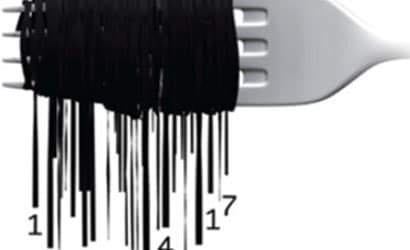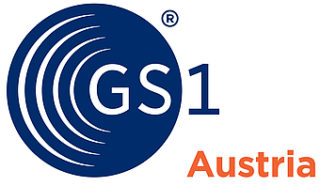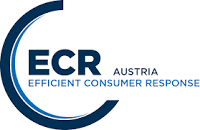EU regulation 1169/2011 – exchange of relevant article data
EU regulation 1169/2011 on the provision of food information
Since December 3rd, 2014 the EU regulation 1169/2011 on the provision of food information (German: LMIV) is to be implemented for all parties involved, from food manufacturers, wholesalers, companies in the HORECA sector, to the end-consumer. The regulation applies to all foods that are intended for the end-consumer, including those for delivery to catering services. The food company under whose name or company name the food is marketed is responsible for supplying and ensuring the accuracy of the food information. They also must verify that product data such as name, fill quantities, place of origin, ingredient lists, or allergen information is comprehensively communicated to their business partners.
Efficient Communication
Many suppliers therefore ask the question: “How can this information be communicated to our business partners efficiently?” GS1 Austria has given a lot of thought to this issue together with participants of the “EDI HORECA working group”. “It was very important to us that we handle the relevant food information data early on and integrate it into the existing PRICAT (EANCOM® PRIce CATalogue = article master data) EDI message that’s been around for four years,” says Mr. Karl Cegner, head of eBusiness Competence Centre and Project Manager at GS1 Austria.
Thus all necessary requirements for the food information regulation can be met with the HORECA-specific PRICAT-message. Relevant data can be electronically sent to all necessary business partners and processed in an automated way. Since November 2014, the first master data messages (compliant to the EU-regulation) have been already exchanged electronically between large hotel chains as well as restaurant and catering companies and their respective business partners. It is to be assumed that HORECA suppliers will increasingly be asked by their business partners to migrate to the expanded format and/or to begin in principle to use and exchange PRICAT.
Advantages of PRICAT
Along with the general advantages of using standardized EDI messages – such as saving time and reducing errors by eliminating manual data entry – PRICAT offers an enormous benefit with respect to the EU-regulation. It eliminates time demands and costs for comparing different master data for resolving dealer-specific article master processes. All of the article master data including the EU-regulation-relevant data are initially filled and updated automatically any time there is a price change, article listing, etc.. “This gives me electronically editable, complete and accurate master data for downstream electronically supported business processes, for example Order-to-Cash”, says Cegner, indicating the enormous potential.
You can find the EANCOM®-Message GASTRO- PRICAT on the GS1 Austria website under www.gs1.at/downloads. The EANCOM® message profile Austria is available as a free download.
Electronic Data Interchange
Data is transmitted automatically by means of Electronic Data Interchange (EDI) using standardized EANCOM®-messages. In HORECA EDI has already been in use for exchange of orders (ORDERS), despatch advices (DESADV) and invoices (INVOIC). The message used previously to communicate prices, packing units, weight data, etc. (PRICAT), is now amended to include EU-regulation-relevant attributes for nutritional values, allergens, etc.
EU regulation 1169/2011 on the provision of food information
According to the EU regulation 1169/2011 on the provision of food information, all food manufacturers have been required since December 13th, 2014 to assure that the end-consumer has at his disposal all information required by the regulation before purchase. This applies both to the issue of pre-packaged and unpackaged “loose” foodstuffs in retail grocery trade as well as to those products offered in remote sales (online sales). The new informational requirement applies Europe-wide and is applicable also to the hotel and gastronomy industries, which must also inform their guests about ingredients that can trigger allergies (14 ingredients must be declared) or intolerances.




